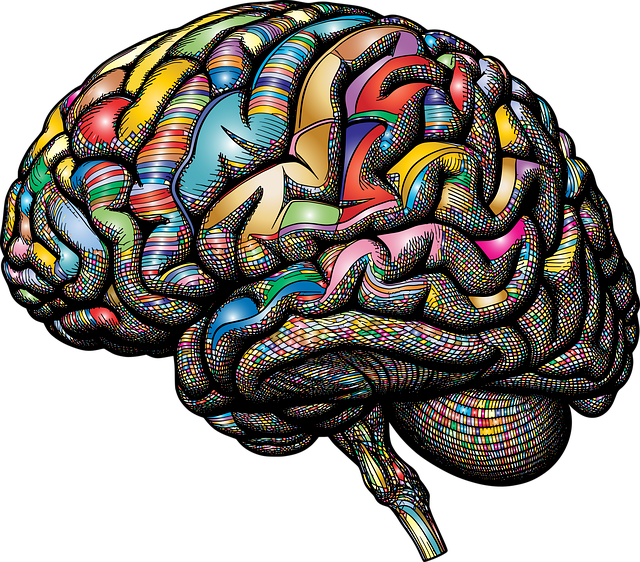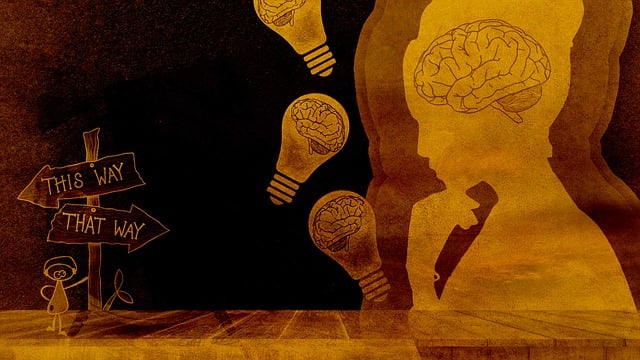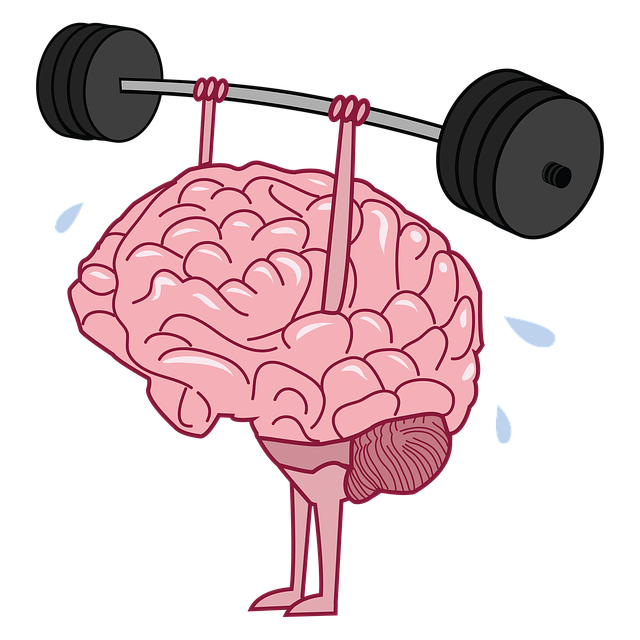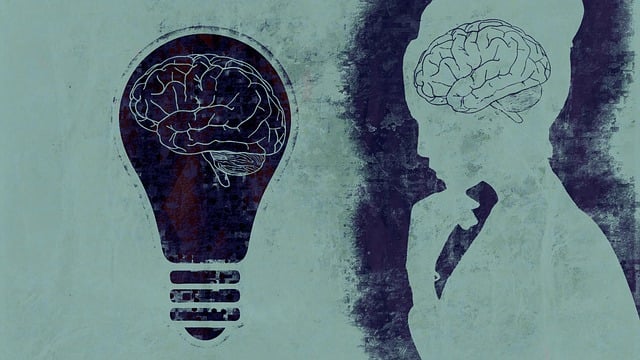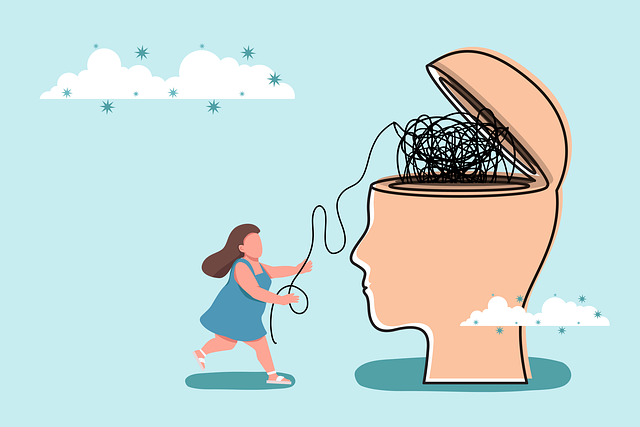Aurora German Speaking Therapy advocates for responsible media representation of mental health issues through collaborative efforts with creators, aiming to reduce stigma and promote understanding. By offering therapy in German, they address cultural barriers and empower individuals to openly discuss their struggles, fostering a more inclusive society. Accurate, diverse storytelling involving people with lived experience normalizes conversations around mental health, while partnerships like Aurora's with media platforms can revolutionize portrayal, leading to increased empathy and support for affected communities.
Mental illness representation in media significantly impacts public understanding of mental health. This article explores how the Aurora German Speaking Therapy Approach challenges harmful stereotypes, advocating for accurate and empathetic portrayals. We delve into effective strategies that foster positive change, highlighting the importance of community and industry collaboration. By understanding the impact of media, we can harness its power to promote mental health awareness and reduce stigma, ultimately benefiting those seeking support.
- Understanding the Impact of Media Portrayal on Mental Health Awareness
- The Aurora German Speaking Therapy Approach: Challenging Stereotypes
- Effective Strategies for Accurate and Empathetic Mental Illness Representation
- Fostering Positive Change: Engaging Community and Industry Collaboration
Understanding the Impact of Media Portrayal on Mental Health Awareness

Media portrayal plays a significant role in shaping public understanding of mental health issues. The way mental illnesses are depicted in films, television shows, and news media can either promote awareness and reduce stigma or perpetuate harmful stereotypes. Research has shown that accurate and empathetic representations can encourage individuals to seek help and support, fostering a more inclusive society. Conversely, negative or inaccurate portrayals can lead to further marginalization and hinder progress in mental health advocacy.
At Aurora German Speaking Therapy, we recognize the power of media in influencing perceptions. By promoting positive and nuanced narratives about mental health struggles, we aim to contribute to a growing understanding. Encouraging emotional intelligence and self-care practices through open dialogue is key to preventing burnout and fostering resilience. Through collaborative efforts with media creators, we strive to ensure that stories related to mental illness are told responsibly, providing a glimpse into the human experience while advocating for better support systems.
The Aurora German Speaking Therapy Approach: Challenging Stereotypes

The Aurora German Speaking Therapy Approach takes a unique and progressive stance in challenging mental illness stereotypes prevalent in media. By offering therapy sessions conducted entirely in German, this innovative practice targets a specific community often overlooked or misrepresented. Many individuals within this demographic face cultural barriers when seeking support, leading to delayed access to care. Aurora German Speaking Therapy bridges this gap by providing a safe, culturally sensitive environment where clients can openly discuss their struggles and develop effective coping skills.
Through personalized therapy sessions, the approach focuses on enhancing social skills training and communication strategies. This holistic method empowers individuals to navigate their mental health journeys with newfound confidence and understanding. By challenging stereotypes one session at a time, Aurora German Speaking Therapy contributes significantly to destigmatization efforts, ensuring better support for diverse communities in need of effective treatment options.
Effective Strategies for Accurate and Empathetic Mental Illness Representation

Accurate and empathetic representation of mental illness in media is paramount to fostering understanding and reducing stigma. This can be achieved through diverse storytelling that reflects the real-world experiences of individuals living with various conditions. Involving people with lived experience as consultants or contributors ensures authenticity, allowing for nuanced portrayals that dispel myths and promote empathy among audiences. Media creators should also prioritize professional guidance; collaborating with mental health experts like those at Aurora German Speaking Therapy can provide valuable insights for accurate risk assessment and safe depiction of sensitive topics.
Furthermore, portraying characters with mental illnesses as multi-dimensional individuals with complexities and strengths boosts confidence and normalizes conversations around mental health. This approach encourages viewers to see beyond the illness, recognizing that it is just one aspect of a person’s identity. Mental health awareness campaigns can also be integrated into media narratives, offering educational opportunities while entertaining audiences. By implementing these strategies, media platforms can significantly contribute to enhancing societal perceptions and supporting individuals navigating their mental health journeys.
Fostering Positive Change: Engaging Community and Industry Collaboration

In fostering positive change regarding mental illness representation in media, community and industry collaboration is key. By engaging diverse voices from within communities affected by mental health challenges, we can ensure authentic and nuanced storytelling. This collaborative approach not only enriches content but also promotes empathy building strategies that resonate with audiences.
For instance, Aurora German Speaking Therapy can play a pivotal role in this partnership by contributing to the development of Mental Wellness Podcast Series Production. Through sharing their expertise on mental wellness and providing insights into effective therapy techniques, they can help create content that is both informative and compassionate. Such collaborations have the potential to revolutionize media portrayal of mental illness, fostering a more empathetic and supportive societal landscape.
The representation of mental illness in media has a profound impact on societal perceptions and awareness. By challenging stereotypes through innovative approaches like the Aurora German Speaking Therapy, we can foster more empathetic narratives. Implementing effective strategies that promote accurate and nuanced portrayals is essential to driving positive change. Community and industry collaboration are key to revolutionizing media’s role in mental health advocacy, ensuring a brighter future where mental illness is understood and supported rather than stigmatized.

